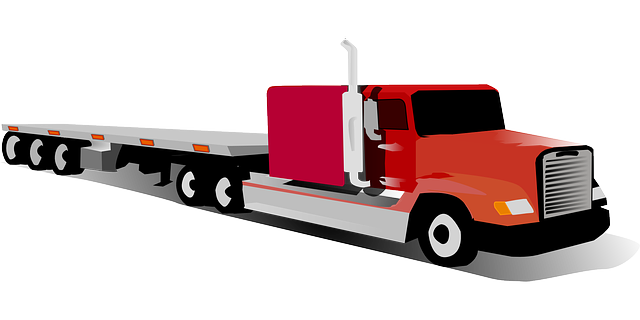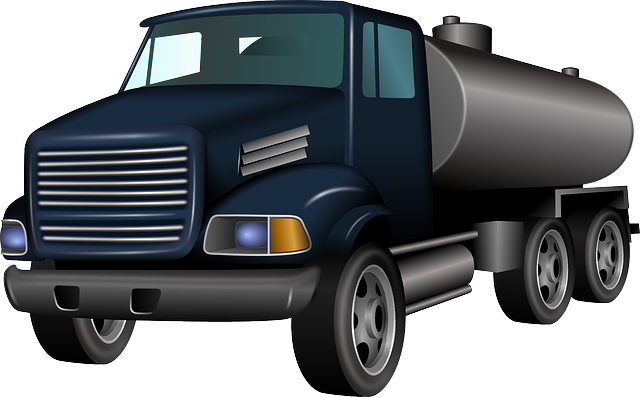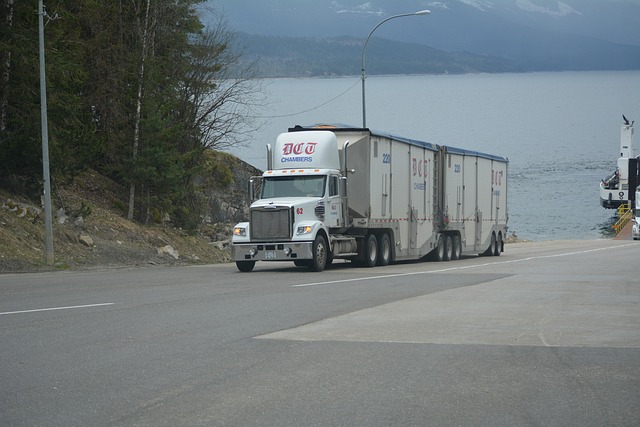When renting a truck, rental truck insurance is crucial to avoid financial surprises. Not all truck rental coverage is included in the basic agreement, leaving potential gaps in protection. Key components of a rental truck policy include rental truck liability coverage and comprehensive coverage (optional). Rental business truck insurance may be required for operational use. Understanding your coverage options fills protection voids with tailored temporary truck insurance. Compare policies based on vehicle type, intended use, and risk to find an optimal solution that balances cost and protection for rented vehicles.
In today’s world, renting a truck is often essential for businesses or personal needs. However, navigating the complex landscape of rental truck insurance can be daunting. This comprehensive guide aims to demystify truck rental coverage, focusing on temporary truck insurance options and the key components of a robust rental truck policy. From liability to damage protection, we’ll help you choose the best insurance for rented trucks, ensuring peace of mind while you utilize your business or personal vehicle.
- Understanding Rental Truck Insurance: What It Covers and Why It's Necessary
- Types of Coverage: Exploring Temporary Truck Insurance Options
- Key Components of a Rental Truck Policy: Liability, Damage, and More
- Choosing the Right Insurance for Your Business or Personal Truck Rental Needs
Understanding Rental Truck Insurance: What It Covers and Why It's Necessary

When renting a truck for business or personal use, having the right insurance is paramount to protecting yourself from unexpected financial burdens. Rental truck insurance isn’t always included in the rental agreement and may not cover all potential risks. It’s crucial to understand what this insurance entails to make an informed decision. The policy typically provides temporary truck insurance coverage, which can include various protections.
Rental truck liability coverage is a critical component, shielding you from financial loss if your rented vehicle causes damage or injury to others. This includes property damage and bodily injury liability. Additionally, some rental truck policies offer comprehensive coverage, protecting against theft, vandalism, or accidental damage to the truck itself. For business owners renting trucks for operations, a rental business truck insurance policy may be necessary to align with legal requirements and ensure full protection during transit.
Types of Coverage: Exploring Temporary Truck Insurance Options

When renting a truck for business or personal use, understanding your coverage options is crucial. Many rental companies offer basic liability coverage as part of their package, but this often leaves significant gaps in protection. Temporary truck insurance fills these voids and provides comprehensive coverage tailored to your specific needs.
There are several types of temporary truck insurance options available. These include physical damage coverage, which protects against accidents or damage to the rental truck, and liability coverage that shields you from claims arising from accidents involving other vehicles or property. Some policies also extend to cargo protection, ensuring that goods in transit remain secure. Whether you’re a business owner renting a fleet of trucks or an individual needing temporary transport, exploring these insurance options is essential for mitigating risks and ensuring peace of mind during your rental period.
Key Components of a Rental Truck Policy: Liability, Damage, and More

When renting a truck for business or personal use, understanding the key components of a rental truck policy is essential. The three primary areas to focus on are liability, damage, and additional coverage options.
Rental truck liability coverage protects you from financial loss in case of an accident caused by your negligence. It covers damages to other vehicles or properties, as well as medical expenses for injured parties. Damage coverage, on the other hand, accounts for repairs or replacements to the rental truck if it sustains damage during use. This can include both collision and comprehensive coverage, covering incidents like accidents, theft, or natural disasters. Additionally, many policies offer temporary truck insurance that includes waivers for specific types of coverage, such as towing and roadside assistance, which can be valuable for those needing to transport heavy loads or face unexpected breakdowns.
Choosing the Right Insurance for Your Business or Personal Truck Rental Needs

Choosing the right insurance for your business or personal truck rental needs is a crucial step in ensuring protection and avoiding financial burdens. When renting a truck, whether for moving, construction, or transportation purposes, understanding the available coverage options is essential. Different policies cater to various requirements, ranging from liability protection against accidents or damage to the rented vehicle, to comprehensive coverage that includes theft, natural disasters, and more.
Rental truck insurance isn’t one-size-fits-all. Temporary truck insurance might be suitable for occasional users, while those relying heavily on rented vehicles for their business operations may require specialized rental business truck insurance plans. It’s vital to assess your specific needs, including the type of vehicle, intended use, and potential risks associated with that use. By comparing different rental truck policies and their respective coverages, you can select the optimal solution that balances cost-effectiveness and adequate protection for your rented truck.
When renting a truck for business or personal use, securing the right insurance is paramount to protect against unforeseen risks. By understanding the various types of coverage available, including temporary truck insurance options, and selecting a policy that encompasses liability, damage, and other crucial aspects, you can navigate the road with confidence. Choosing the appropriate rental truck insurance ensures peace of mind, offering comprehensive protection for your valuable asset while on loan.
